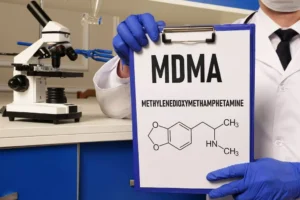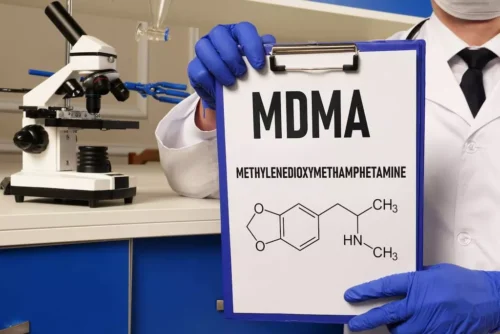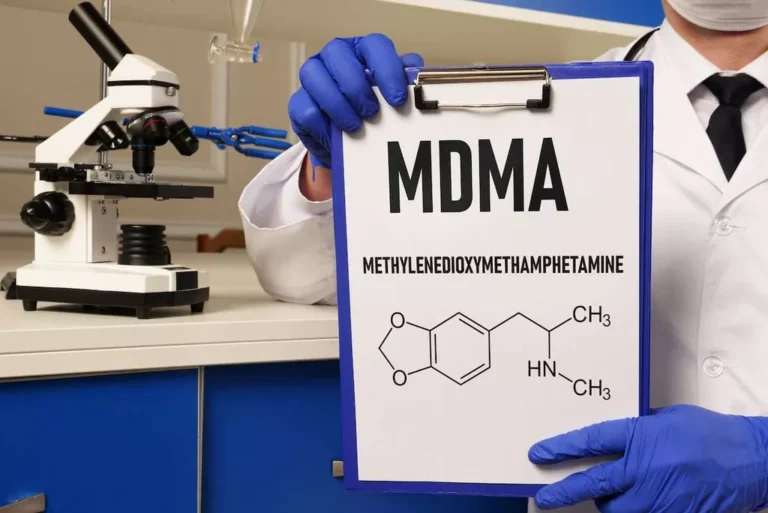
Alcohol is something that many people choose to consume from time to time. But there are certain times when it’s not safe to be under the influence of alcohol (aka drunk). If you are over the limit when behind the wheel, then you’re breaking the law. There are employment laws protecting people with disabilities, including alcoholism. However, these laws cannot prevent employers from disciplining employees if they drink on the job. Despite this, employers can still fire employees for drinking on the job if drinking on a work night it follows company policies.
The Definitive Guide on How to Organize an Office Filing System

Third-shift workers who end their shift early in the morning with a drink might not be heavy drinkers or alcoholics either. Excessive drinking costs $223 billion a year, or about $750 for every man, woman, and child in the United States. “Generally, we recommend compassion and accommodations for employees who suffer from a substance use disorder to allow them to get help, but also recommend using caution with substance use in the workplace,” she said. Any time you start a new job, your best bet is to play it safe at the first few work events, watching how other people behave and mirroring them conservatively until you start to build up a sense of the local drinking culture.
- But in the last decade or so, there’s been a resurgence of office drinking culture.
- Opting to have some sparkling water or a soda can be viable alternatives.
- Millennial employees especially expect an office culture that allows them to be their true selves at work.
- Either appoint a designated driver or take an Uber or Lyft.
Effects & Dangers of Drinking Alcohol Before Work

Morning drinking can indicate alcohol abuse, especially if you’re working the first shift. “6 questions, 3 scotches,” reads one post by Ron Filipkowski, editor-in-chief of MeidasTouch News. The post had been viewed more than 3.6 million times on X by midday Tuesday.
- These factors include a person’s overall health and how much alcohol they consume.
- However, it depends on the individual and their circumstances.
- While there is general consensus that it’s more acceptable to drink at office parties or after work happy hours than at client meetings or work meals, companies occasionally buck that norm.
- If you have been drinking because of your job, stress, mental health issues, relationship, or low self-esteem, consider what you can do to address these issues.
- If you consume more than these amounts, medical professionals consider it heavy or at-risk drinking.
Going to Work the Day After a Drinking Binge? What You Should Know

Drinking in moderation does not always mean drinking every day. Many healthy adults who consider themselves moderate drinkers consume alcohol a couple times a week or less. Alcohol addiction and dependence are just two risks of drinking daily. Heavy alcohol consumption can lead to other serious health risks, including liver and heart disease. The effects and risks of drinking daily can be complicated.

Included in
Employment laws protecting those with AUD don’t protect you when you consume alcohol at work. The health effects of drinking alcohol in moderation vary based on certain factors. These factors include a person’s overall health and how much alcohol they consume.
This consultation should happen long before a manager is faced with what is alcoholism a worker who might be drunk on the job, she said. Substance abuse experts suggest that employers focus on what they can observe—bloodshot eyes, an odor of alcohol, slurred speech—without trying to figure out the cause. Managers should know the telltale signs of on-the-job drinking, but they should never accuse a worker of being inebriated, Shea said.
Treatment Options for Alcohol Abuse
- Whether you’re drinking “too much” can be measured in fluid ounces, but it can also be interpreted more broadly by looking at when and why you drink.
- After all, they may have a close working relationship or friendship, and not want to get them in trouble.
- Additionally, nearly 15 percent of healthcare professionals struggle with alcohol abuse.
- However, laws on drinking habits and termination affect how your employer responds to a drinking problem.
- “Alcohol addiction doesn’t happen overnight,” says Joseph Volpicelli, MD, PhD, executive director of the Institute of Addiction Medicine.
Please note the date of last review or update on all articles. Stay up to date with the latest HR news, trends, and expert advice each business day. Hoyman acknowledged that despite these accommodation requirements, there can be a stigma attached to alcoholism that isn’t attached to other ADA-covered conditions. Employers should proceed carefully when it comes to employees who struggle with alcoholism. However, an employer can discipline, discharge or deny employment to an individual whose use of alcohol adversely affects his or her job performance or conduct, Hoyman said. The results also found that eating and smoking heavily on a weeknight bears no ill effects on the next day’s work.